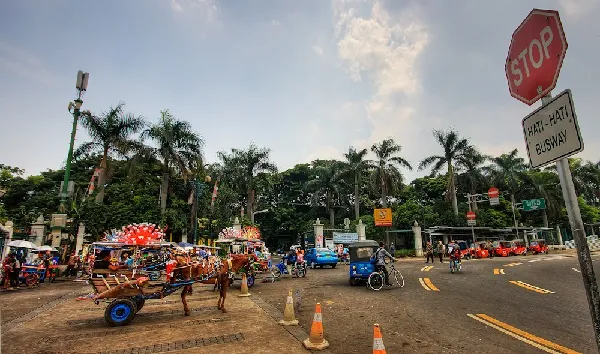
Indonesia's erratic power rules are scaring investors away: PwC
More than 3 out of 4 investors say there is no transparency.
“They don’t move the goalposts, they move the stadium! And change the sport!”
This is how one investor described Indonesia’s erratic power regulations, voicing the sentiment of over 60% of market participants who believe that the new power framework put in place by the government is not supportive of private investment.
A new report by PwC revealed that over 75% of investors believe that there is insufficient transparency in the country’s power sector, where project cancellations are rife and procurement processes are ambiguous.
“According to respondents, there were too many regulations issued, amended and revoked last year. In 2017, the MoEMR passed 58 regulations in the energy and mining sectors, of which around 20 directly affected the power sector. However, because of an industry backlash against many of these new 2017 regulations, some of them were amended later in the same year or in 2018,” the report stated.
“This constant tinkering with regulations has a clear negative impact on investment appetite – investors in long-term capital intensive industries are looking for certainty,” PwC noted.
The market has also still been waiting for progression on key procurement processes, such as the Sumatera Solar Photovoltaic (“PV”) tenders, along with the results of the mass pre-qualification process for renewables developers.
As a result, 89% said that there is insufficient predictability in the procurement of new power capacity in Indonesia. This is consistent with the comments that the new energy policy framework--the RUPTL--does not provide a clear vision of future planning and the RUPTL is “too easy to change”.
“The regulatory uncertainty caused by these regulations is likely harming the perception of the investment environment in Indonesia and the Government’s ability to develop much needed electricity infrastructure to support the country’s economic growth. It is imperative that the Government discuss draft regulations with the relevant stakeholders in a transparent manner before implementation to avoid damage to investor confidence and unworkable regulations,” the report noted.








![Cross Domain [Manu + SBR + ABF + ABR + FMCG + HBR + ]](https://cmg-qa.s3.ap-southeast-1.amazonaws.com/s3fs-public/styles/exclusive_featured_article/public/2025-01/earth-3537401_1920_4.jpg.webp?itok=WaRpTJwE)
![Cross Domain [SBR + ABR]](https://cmg-qa.s3.ap-southeast-1.amazonaws.com/s3fs-public/styles/exclusive_featured_article/public/2025-01/pexels-jahoo-867092-2_1.jpg.webp?itok=o7MUL1oO)









 Advertise
Advertise


